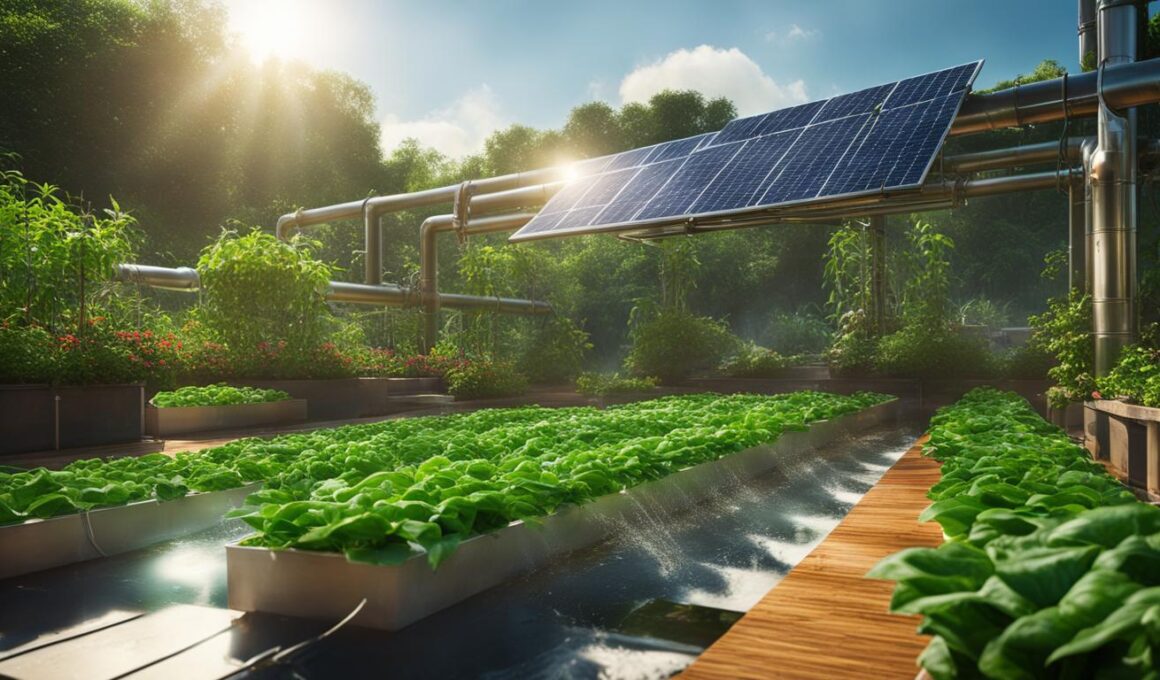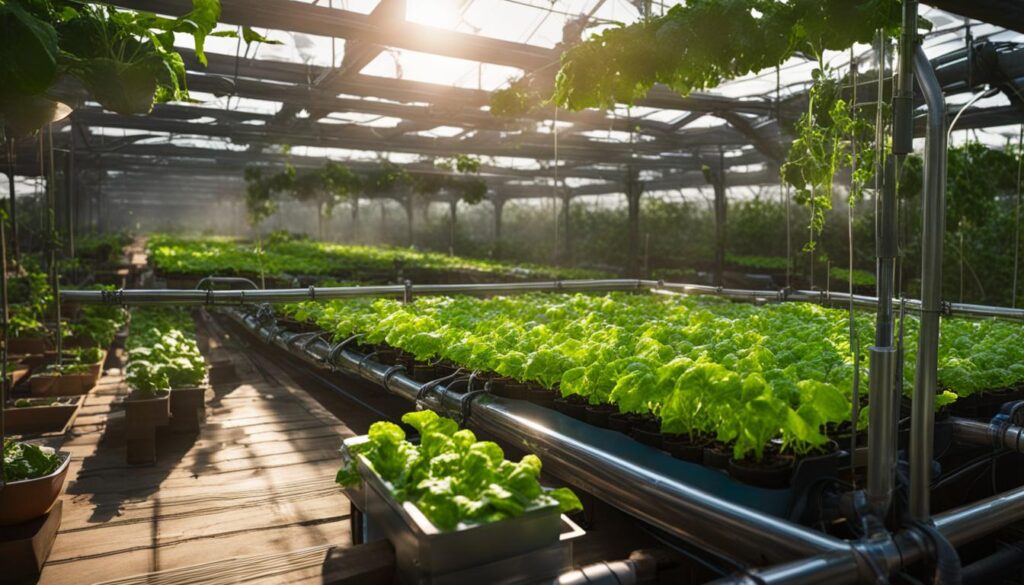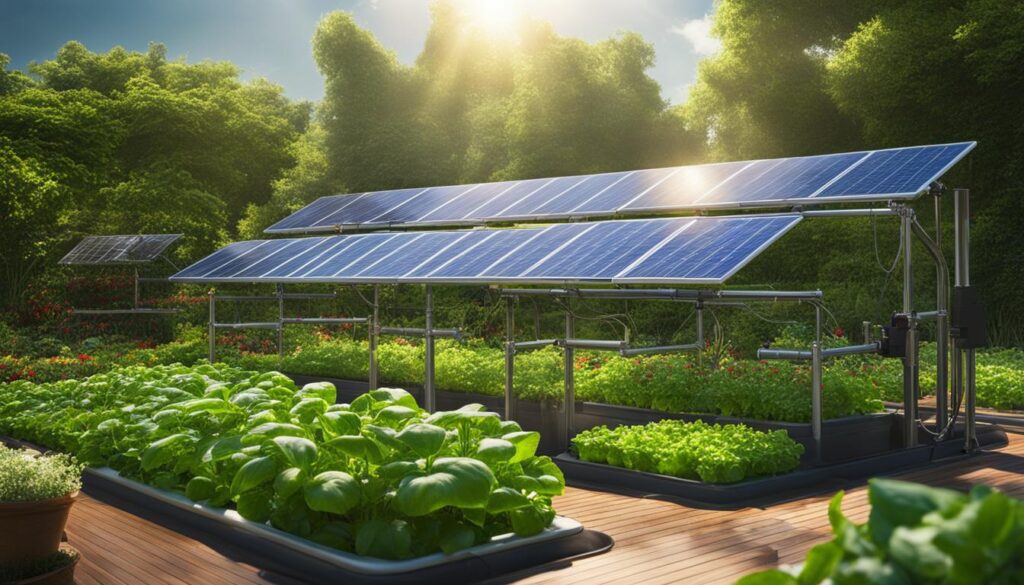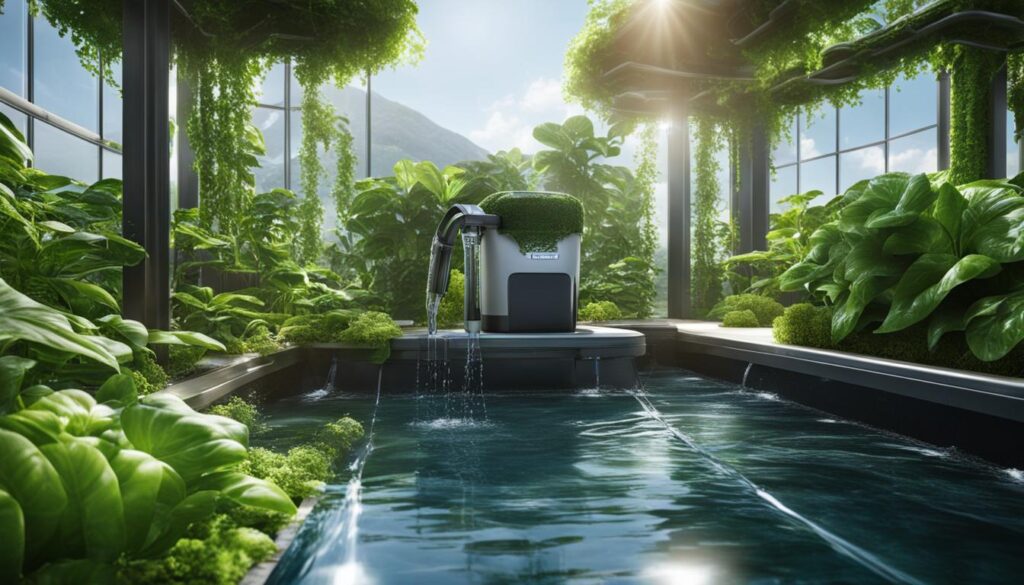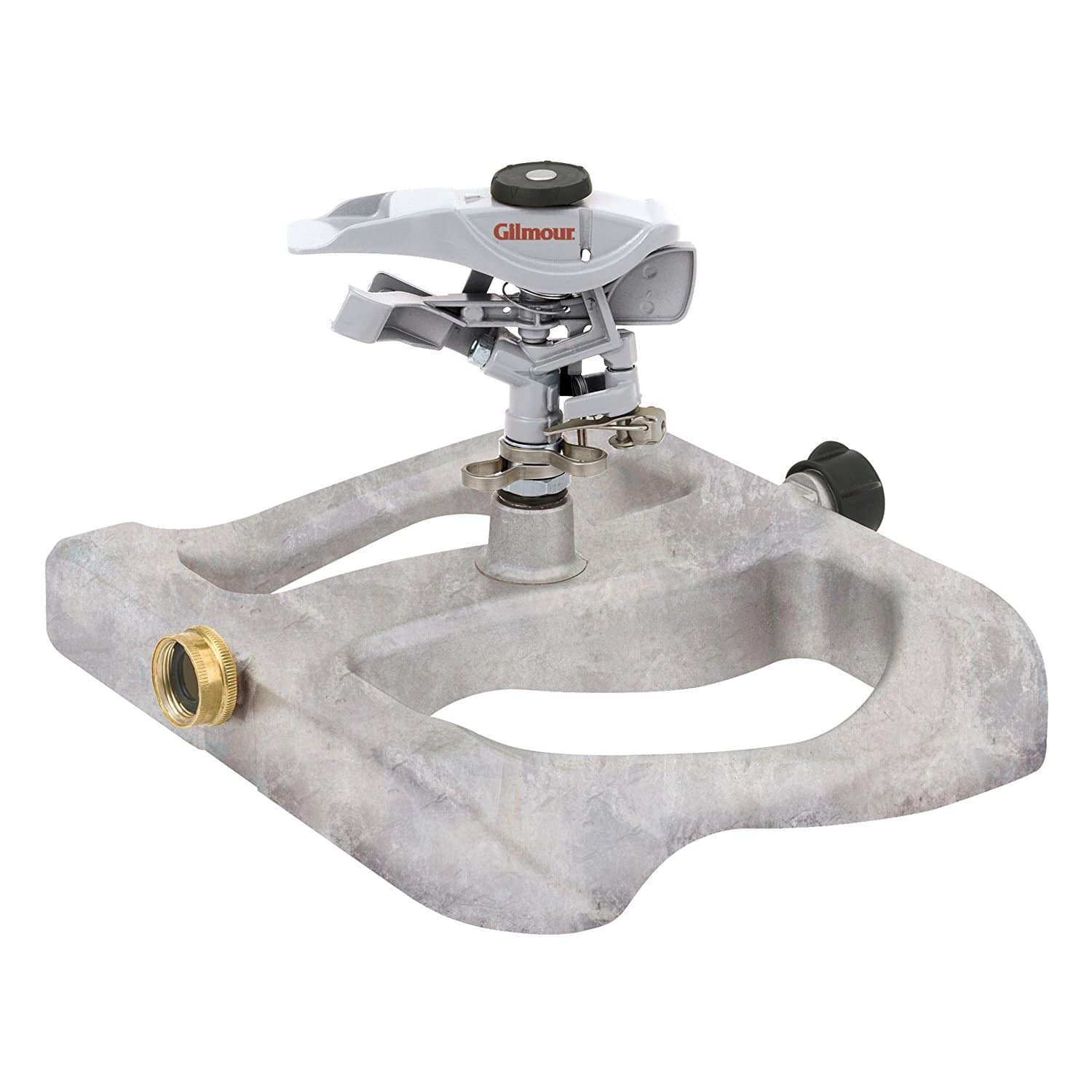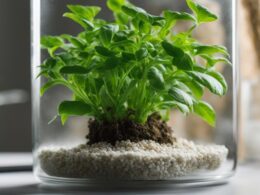Solar-powered water pumps have emerged as a game-changer in sustainable gardening. They utilize clean and renewable solar energy to eliminate the need for electricity or fossil fuel-powered engines. These pumps not only reduce greenhouse gas emissions but also promote efficient water usage, conserving this precious resource. With their versatility and ability to operate in off-grid or remote locations, solar-powered water pumps are revolutionizing the way we approach irrigation and water management in hydroponics.
Post Summary
- Solar-powered water pumps are sustainable and eco-friendly alternatives for garden irrigation.
- These pumps reduce reliance on electricity or fossil fuel-powered engines, minimizing environmental impact.
- They promote efficient water usage, contributing to water conservation efforts.
- Solar-powered water pumps are versatile and can operate in off-grid or remote locations.
- They revolutionize the way we approach irrigation and water management in hydroponics.
The Role of Solar-Powered Water Pumps in Sustainable Gardening
Solar-powered water pumps play a crucial role in sustainable gardening practices, offering numerous benefits for eco-friendly and efficient irrigation. By harnessing clean and renewable solar energy, these pumps provide a sustainable and cost-effective solution for gardeners who want to reduce their ecological footprint. Unlike traditional pumps that rely on electricity or fossil fuel-powered engines, solar-powered water pumps operate entirely off-grid, minimizing greenhouse gas emissions and promoting a greener environment.
One of the key advantages of solar-powered water pumps is their ability to promote efficient water usage. These pumps eliminate the need for wasteful irrigation practices by utilizing solar energy to power the water circulation system. By adjusting the watering schedule based on plant needs and weather conditions, these pumps ensure targeted irrigation, reducing water waste and maximizing the health and growth of plants. Additionally, solar-powered water pumps are versatile and can be used in remote or off-grid locations, providing an efficient irrigation solution for sustainable gardening practices in various environments.
“Solar-powered water pumps provide a sustainable and cost-effective solution for efficient irrigation, promoting water conservation and reducing greenhouse gas emissions.”
Incorporating solar-powered water pumps into sustainable gardening practices also allows gardeners to take advantage of eco-friendly technologies and reduce their reliance on conventional energy sources. By utilizing renewable solar energy, gardeners can create self-sufficient and eco-friendly landscapes while minimizing their impact on the environment. Solar-powered water pumps are an integral part of a sustainable gardening ecosystem, enabling gardeners to embrace eco-friendly practices and contribute to a greener future.
Benefits of Solar-Powered Water Pumps in Sustainable Gardening
| Benefits | Description |
|---|---|
| Environmental Sustainability | Solar-powered water pumps harness clean and renewable solar energy, reducing greenhouse gas emissions and promoting a greener environment. |
| Efficient Water Usage | Solar-powered water pumps promote targeted irrigation based on plant needs and weather conditions, reducing water waste and maximizing plant health. |
| Off-Grid Operation | These pumps can operate in remote or off-grid locations, providing an efficient irrigation solution for sustainable gardening practices in various environments. |
| Eco-Friendly Technology | By harnessing renewable solar energy, solar-powered water pumps allow gardeners to create self-sufficient and eco-friendly landscapes while minimizing their impact on the environment. |
Innovative Technologies Shaping Sustainable Gardening
As the demand for sustainable gardening practices grows, innovative technologies are playing a crucial role in transforming the way we cultivate our plants. From rainwater harvesting systems to smart irrigation systems, vertical gardening, composting, organic fertilizers, and the integration of the Internet of Things (IoT) in gardening, these advancements are revolutionizing sustainable gardening practices.
Rainwater Harvesting Systems
Rainwater harvesting systems are an effective way to collect and utilize rainwater, reducing our reliance on freshwater sources and promoting water conservation. These systems collect rainwater from roofs or other surfaces and store it for later use in watering plants. By harvesting rainwater, gardeners can minimize the need for treated tap water, which often contains chemicals that can be harmful to plants and the environment. With a properly designed rainwater harvesting system, gardeners can reduce their water consumption, save money on water bills, and create a more sustainable garden.
Smart Irrigation Systems
Smart irrigation systems are designed to optimize watering schedules based on plant needs and weather conditions. These systems use sensors to monitor soil moisture levels, humidity, temperature, and rainfall data, allowing for targeted irrigation. By providing plants with just the right amount of water, smart irrigation systems promote water efficiency and prevent overwatering, which can lead to root rot and other plant diseases. With the ability to adjust watering schedules automatically, these systems ensure that plants receive adequate hydration while conserving water resources.
Vertical Gardening
Vertical gardening is a space-efficient technique that allows gardeners to grow plants vertically using walls, trellises, or other vertical structures. By utilizing vertical space, gardeners can maximize their growing area and make efficient use of resources such as water and sunlight. Vertical gardens can be created indoors or outdoors and offer numerous benefits, including enhanced air circulation, easier pest control, and improved accessibility for garden maintenance. With the ability to grow a wide variety of plants in a limited space, vertical gardening is a sustainable solution for urban areas where land is scarce.
Composting and Organic Fertilizers
Composting organic waste and utilizing organic fertilizers are essential practices in sustainable gardening. Composting involves the decomposition of organic materials such as food scraps, yard waste, and leaves, resulting in nutrient-rich compost that can be used to enrich the soil. Organic fertilizers, derived from natural sources such as plant or animal matter, provide essential nutrients to plants without the use of synthetic chemicals. By incorporating compost and organic fertilizers into gardening practices, gardeners can improve soil health, promote beneficial microbial activity, and reduce their reliance on synthetic fertilizers that can have negative environmental impacts.
The Integration of IoT in Gardening
The integration of the Internet of Things (IoT) in gardening has introduced new possibilities for precise control over environmental factors. IoT-enabled devices, such as soil moisture sensors and automated garden monitoring systems, allow gardeners to monitor and adjust watering, lighting, and other conditions remotely. By providing real-time data on plant health and environmental conditions, IoT devices enable gardeners to optimize resource usage, minimize waste, and ensure the optimal growth of their plants. The intelligent automation offered by IoT in gardening not only saves time and effort but also promotes sustainability by reducing unnecessary resource consumption.
The Benefits of Solar-Powered Water Pumps in Hydroponics
When it comes to hydroponics, the efficient irrigation of plants is crucial for optimal growth and yield. This is where solar-powered water pumps truly shine. These innovative pumps offer a range of benefits that make them a valuable addition to any hydroponic system.
First and foremost, solar-powered water pumps provide a sustainable solution for irrigation. By harnessing the power of the sun, these pumps eliminate the need for electricity or fossil fuel-powered engines. This not only reduces greenhouse gas emissions but also helps gardeners minimize their ecological footprint.
“Solar-powered water pumps provide a sustainable solution for irrigation, reducing greenhouse gas emissions and minimizing the ecological footprint.”
In addition to their eco-friendly nature, solar-powered water pumps are also highly efficient. They are designed to operate in off-grid or remote locations, allowing for more flexibility in setting up hydroponic systems. These pumps can deliver water precisely to the plants, ensuring that they receive the right amount of water at the right time.
Furthermore, the use of solar-powered water pumps promotes efficient water usage in hydroponics. These pumps are equipped with advanced technology that allows for precise control over the irrigation process. This means that water is used more effectively, reducing waste and conserving this precious resource.
Comparison of Solar-Powered Water Pumps in Hydroponics
| Pump Model | Power Output (Watts) | Maximum Flow Rate (liters/hour) | Price Range |
|---|---|---|---|
| SolarPump 2000 | 150 | 2000 | $100-$150 |
| SunFlow 3000 | 250 | 3000 | $200-$250 |
| EcoSolar 4000 | 350 | 4000 | $300-$350 |
Table: Comparison of Solar-Powered Water Pumps in Hydroponics
As shown in the table above, different models of solar-powered water pumps offer varying power output, flow rates, and price ranges. Before choosing a pump for your hydroponic system, it’s important to consider your specific needs and budget.
In conclusion, solar-powered water pumps provide numerous benefits for hydroponics. They offer a sustainable and eco-friendly approach to irrigation, promote efficient water usage, and are designed to operate effectively in off-grid or remote locations. By harnessing the power of the sun, these pumps contribute to the overall sustainability of hydroponic gardening and help gardeners achieve optimal results.
| Benefits of Solar-Powered Water Pumps in Hydroponics |
|---|
| Promotes efficient irrigation |
| Eliminates the need for electricity or fossil fuel-powered engines |
| Operates in off-grid or remote locations |
| Reduces greenhouse gas emissions |
| Conserves water resources |
Utilization of Solar Power as DC Water Pump Movement in Hydroponic Plants
Research has shown the potential of utilizing solar power as a DC water pump movement in hydroponic plants. By harnessing photovoltaics to convert sunlight energy into electrical energy, gardeners can regulate water circulation in hydroponic planting methods. This innovative application of solar power offers an easy, practical, and attractive solution for hydroponic systems, particularly in urban areas where space is limited.
Solar power is a clean and renewable energy source that can power DC water pumps efficiently. Unlike traditional pumps that rely on electricity or fossil fuels, solar-powered pumps operate without emitting harmful greenhouse gases, reducing the carbon footprint of hydroponic gardens. The use of solar power as a DC water pump driver not only promotes sustainable gardening practices but also helps to conserve natural resources.
“The utilization of solar power as a DC water pump driver has transformed the way we approach hydroponic gardening. By harnessing the power of the sun, we can grow plants efficiently while minimizing our impact on the environment.”
One of the key advantages of utilizing solar power in hydroponic systems is its versatility and compatibility with off-grid or remote locations. In areas where access to electricity is limited, solar-powered water pumps provide a reliable and independent solution for maintaining proper water circulation in hydroponic setups. This ensures that plants receive the necessary nutrients and water for optimal growth, even in challenging environments.
By embracing solar power as a DC water pump movement in hydroponic plants, gardeners can contribute to a more sustainable and eco-friendly future. The integration of renewable energy technologies in gardening not only enhances the overall efficiency of hydroponic systems but also promotes a greener and healthier environment. With solar power, hydroponic gardeners can enjoy the benefits of efficient irrigation while minimizing their ecological footprint.
| Advantages of Utilizing Solar Power in Hydroponic Systems | Benefits |
|---|---|
| Environmentally Friendly | Reduces greenhouse gas emissions and minimizes reliance on fossil fuels |
| Cost-Effective | Eliminates the need for electricity or fuel-powered pumps, resulting in long-term cost savings |
| Off-Grid Compatibility | Enables hydroponic gardening in remote or off-grid locations where access to electricity is limited |
| Energy-Efficient | Harnesses clean and renewable solar energy for efficient water circulation |
| Sustainable | Promotes eco-friendly gardening practices and reduces the ecological footprint |
Summary
The utilization of solar power as a DC water pump movement in hydroponic plants offers a sustainable and efficient solution for irrigation in hydroponic systems. By harnessing the power of the sun, gardeners can regulate water circulation while minimizing their impact on the environment. Solar-powered pumps are not only cost-effective but also environmentally friendly, reducing greenhouse gas emissions and promoting eco-friendly gardening practices. These pumps are compatible with off-grid locations, making them suitable for remote hydroponic setups. Embracing solar power in hydroponics enables gardeners to create sustainable landscapes and contribute to a greener future.
Conclusion
The utilization of solar-powered water pumps is revolutionizing sustainable gardening practices, especially in hydroponics. These pumps provide a sustainable and cost-effective solution for efficient irrigation, promoting water conservation and reducing greenhouse gas emissions. By harnessing clean and renewable solar energy, gardeners can create sustainable landscapes while minimizing their ecological footprint.
The integration of innovative technologies, such as rainwater harvesting systems and smart irrigation systems, further enhances the efficiency and sustainability of gardening practices. With solar-powered water pumps and other sustainable technologies, you can embrace eco-friendly practices and contribute to a greener future.
By implementing solar water pumps in your hydroponic garden, you can take advantage of the numerous benefits they offer. These pumps offer efficient irrigation without relying on electricity or fossil fuel-powered engines. They are versatile and can operate in off-grid or remote locations, making them suitable for various hydroponic setups. With their ability to harness solar energy, solar-powered water pumps not only promote sustainable gardening but also ensure optimal growth and yield of your hydroponic plants.
FAQ
What is a solar-powered water pump?
A solar-powered water pump is a device that utilizes solar energy to pump water, eliminating the need for electricity or fossil fuel-powered engines.
How do solar-powered water pumps promote sustainable gardening?
Solar-powered water pumps reduce greenhouse gas emissions and promote efficient water usage, conserving water and minimizing ecological footprint in gardening practices.
Can solar-powered water pumps operate in off-grid or remote locations?
Yes, solar-powered water pumps are versatile and can operate in off-grid or remote locations, making them suitable for various gardening setups.
What are some other innovative technologies in sustainable gardening?
Some other innovative technologies include rainwater harvesting systems, smart irrigation systems, vertical gardening, composting and organic fertilizers, and IoT-enabled devices for precise control over gardening factors.
How do solar-powered water pumps benefit hydroponic gardening?
Solar-powered water pumps provide a sustainable and eco-friendly solution for efficient irrigation in hydroponics, eliminating the need for electricity or fossil fuel-powered engines.
Can you provide an example of a hydroponic garden with a solar-powered water pump?
Yes, a project utilized a solar-powered water pump for a vertical garden, allowing automatic watering without the need for a timer clock, providing a low-maintenance and sustainable solution.
How can solar power be utilized in hydroponic plants?
Solar power can be used as a DC water pump driver in hydroponic planting methods, offering an easy and practical solution for hydroponic systems.
What are the benefits of using solar-powered water pumps in gardening?
Solar-powered water pumps revolutionize gardening practices by providing sustainable and cost-effective irrigation, promoting water conservation and reducing greenhouse gas emissions.
Which type of water pump is more efficient for hydroponic gardening, solar or external?
When it comes to hydroponic gardening, the best external water pump for hydroponics is essential for efficient water circulation. While both solar and external water pumps have their advantages, an external water pump is generally more efficient for hydroponic gardening due to its consistent power source and reliable performance.





